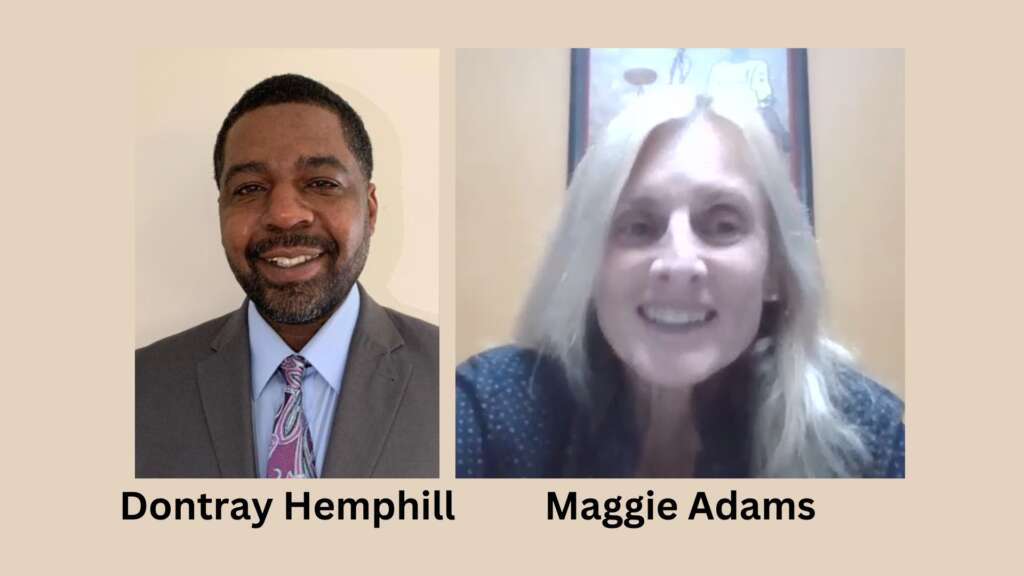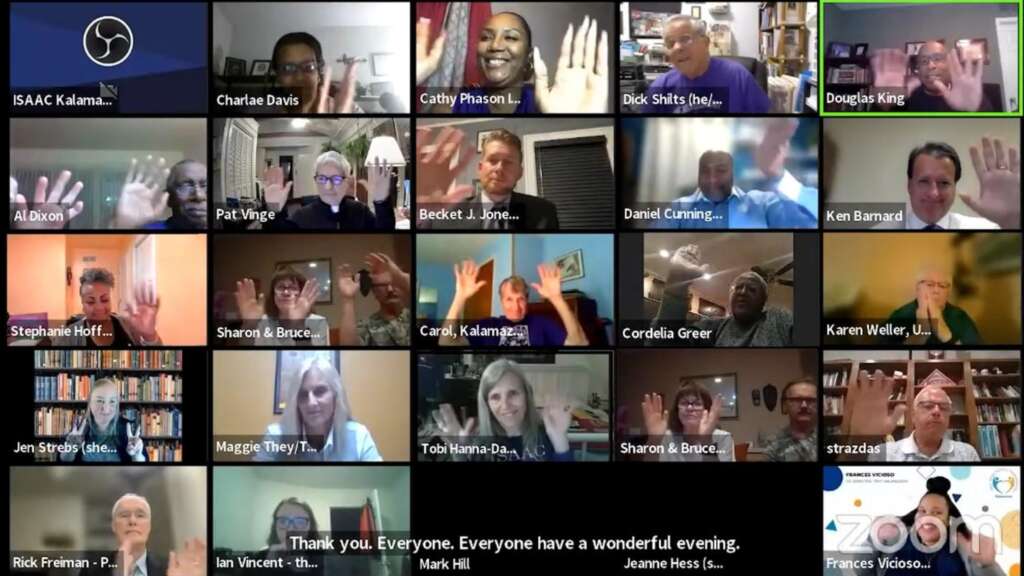 Task Force members engaged with the issue of implicit bias at our February meeting because we see it affecting the success of children in Kalamazoo County, the recognition and response to trauma, and the continuation of health disparities. We participated in a webinar provided through the Michigan Public Health Institute and discussed key points raised by the presenter. Implicit bias affects all human beings because our brains seek shortcuts for dealing with new people and experiences. Some ways to reduce implicit bias:
Task Force members engaged with the issue of implicit bias at our February meeting because we see it affecting the success of children in Kalamazoo County, the recognition and response to trauma, and the continuation of health disparities. We participated in a webinar provided through the Michigan Public Health Institute and discussed key points raised by the presenter. Implicit bias affects all human beings because our brains seek shortcuts for dealing with new people and experiences. Some ways to reduce implicit bias:
[su_list icon=”icon: check” icon_color=”#9602ca”]
- lifelong training
- contact with many individuals from groups different from our own
- learning to empathize with others to understand the harm of micro-aggressions (“mosquito bites” of implicit bias)
- monitoring non-verbal expression of emotion to be sure our body language is not expressing implicit bias
- checking our own implicit bias by thinking of people who bust the stereotype
In late February, the Life Guides program at Goodwill and the Foster Parents support group at Family & Children’s Services invited us to co-host DVD & Discussion events about the impact of trauma with their participants, assisted by our expert partner from CTAC (Children’s Trauma Assessment Center). At this point, twelve congregations and nonprofit organizations have hosted screenings of one or both of the Raising of America videos on trauma, Wounded Places and DNA is Not Destiny, with an ISAAC host and our trauma expert partner to provide insight and lead discussion. Over 350 community members have participated in these awareness-building events.
Interested in a screening and discussion on trauma and resilience? The Task Force will schedule screenings through May 2017. Don’t wait—send an email today to denise.hartsough@gmail.com.
 ISAAC
ISAAC





 Ed Genesis is an artist, poet, musician, organizer, entrepreneur, and community leader. Born and raised in Gary, Indiana and moved to Kalamazoo, Michigan permanently in his early 20’s, his love of art/music, his passion for his people and community, and his gift of creativity are evident in all areas of his work. In October 2018 Ed Genesis released a song to accompany the campaign he was working on around school push out, entitled Junior High, which was distributed nationwide including on his own iHeart radio station, Spotify, and iTunes.
Ed Genesis is an artist, poet, musician, organizer, entrepreneur, and community leader. Born and raised in Gary, Indiana and moved to Kalamazoo, Michigan permanently in his early 20’s, his love of art/music, his passion for his people and community, and his gift of creativity are evident in all areas of his work. In October 2018 Ed Genesis released a song to accompany the campaign he was working on around school push out, entitled Junior High, which was distributed nationwide including on his own iHeart radio station, Spotify, and iTunes.